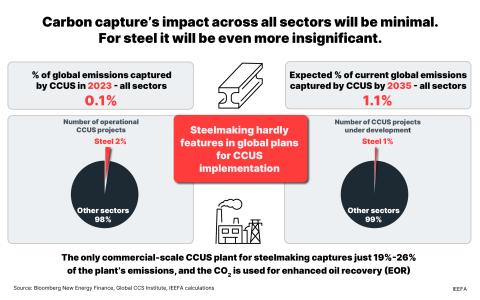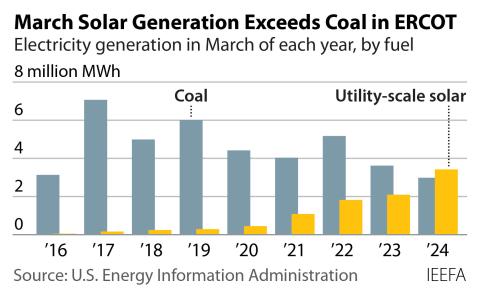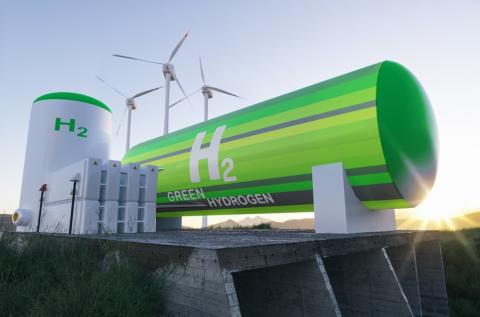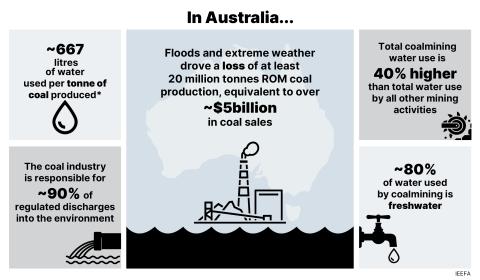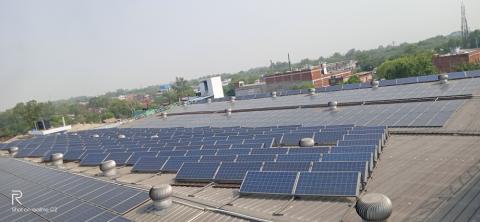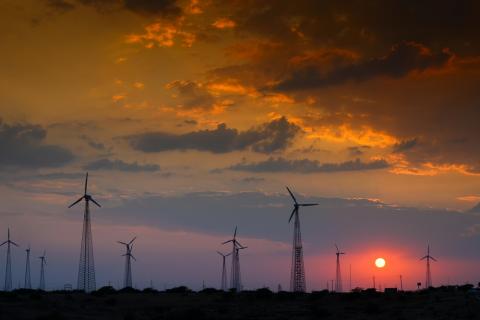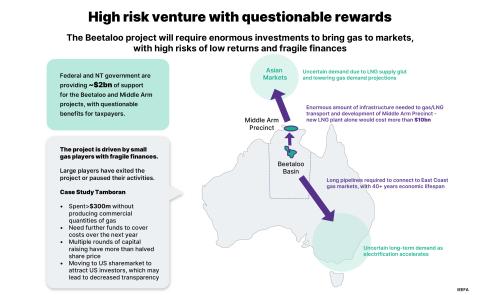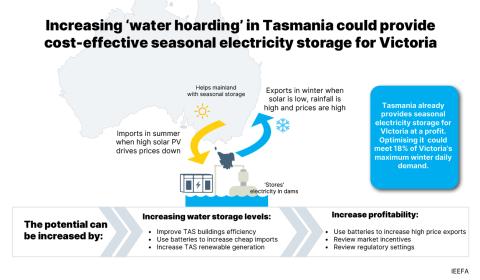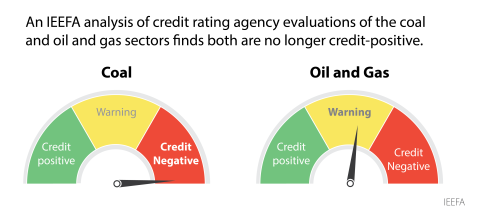India’s power sale agreement (PSA) hold-up: Fixing a renewable energy bottleneck
Download Full Report
Key Findings
India has committed to installing 175 gigawatts (GW) of renewable energy capacity by 2022, including 100GW of solar and 60GW of wind. In 2018, it expanded its target to 450GW of renewable capacity by 2030.
The nation has a long way to go to meet the designated targets. As at February 2021, the cumulative installed solar and wind capacity stood at around 39GW each.
A major bottleneck that has been impeding the development of new solar and wind projects is the delay by distribution companies (discoms) in signing power sale agreements (PSAs) with Solar Energy Corporation of India (SECI).
Executive Summary
India has committed to achieve 175 gigawatts (GW) of installed renewable energy capacity by 2022, which includes 100GW of solar and 60GW of wind. In 2018, the government expanded its ambition to target 450GW of renewable capacity by 2030.1 However, the nation has a long way to go to meet the designated targets of the solar and wind sectors. As at February 2021, the cumulative installed solar and wind capacity stood at around 39GW each.2 A further 50GW of renewable energy capacity is at various stages of implementation and another 27GW is at various stages of bidding.3 In order to ramp up capacity addition, it is crucial to remove all bottlenecks in the Indian renewable energy market.
A major bottleneck that has been impeding the development of new solar and wind projects is the delay by distribution companies (discoms) in signing power sale agreements (PSAs) with Solar Energy Corporation of India (SECI). SECI generally signs power purchase agreements (PPAs) with developers prior to drawing up PSAs with discoms which then offtake the power from developers’ projects. However SECI, the intermediary power procurer, has recently been struggling to find end buyers (discoms). Most state utilities remain laggards in terms of procuring renewable power, despite having to comply with Renewable Purchase Obligations (RPO) imposed by the centre. In addition to facing various technical and economic challenges, discoms, anticipating a decline in solar module prices and hence a reduction in future solar auction tariffs, have been reluctant to sign PPAs/PSAs.
The first state to attempt to renegotiate or renege on a renewable power purchase contract was Andhra Pradesh with the Y.S. Jaganmohan Reddy government’s decision in July 2019 to lower the cost of solar and wind power purchase contracts formed under the previous elected government. However, in a ruling by the Appellate Tribunal for Electricity (APTEL) in February 2020, the Andhra Pradesh discoms were prohibited from revising the tariffs. Following suit, the Punjab government, in June 2020, requested a discount on power tariffs from solar power developers with effect from 1 July 2020, citing a “financial crunch” owing to the COVID-induced lockdown. In a more recent precedent, state discom Gujarat Urja Vikas Nigam Ltd. (GUVNL), with the approval of Gujarat Electricity Regulatory Commission, rescinded on a power purchase contract for the 700MW Dholera solar park auction, which saw winning tariffs of Rs2.78-2.81/kWh, and is planning to retender the capacity in an attempt to discover lower tariff rates.
Irrespective of the legal status (signed or unsigned) that governs a power purchase contract, a discom’s action of retracting its commitment to purchase renewable energy significantly demoralises the industry and its stakeholders. The past several months have seen a rise in uncontracted yet tendered renewable energy capacity. This industry headwind majorly impacts the project developers that are/have been awarded projects with unsigned PSAs.
1CNBC. India has some huge renewable energy goals. But can they be achieved? 3 March 2020.
2CEA. All India Installed Capacity as on 28-02-2021. February 2021.
3Economic Times. India achieves 92.97 GW of renewable energy capacity in Feb this year. 16 March 2021.
Press release
IEEFA: Backlog of unsigned power sale agreements risks slowing India’s renewable energy growth




